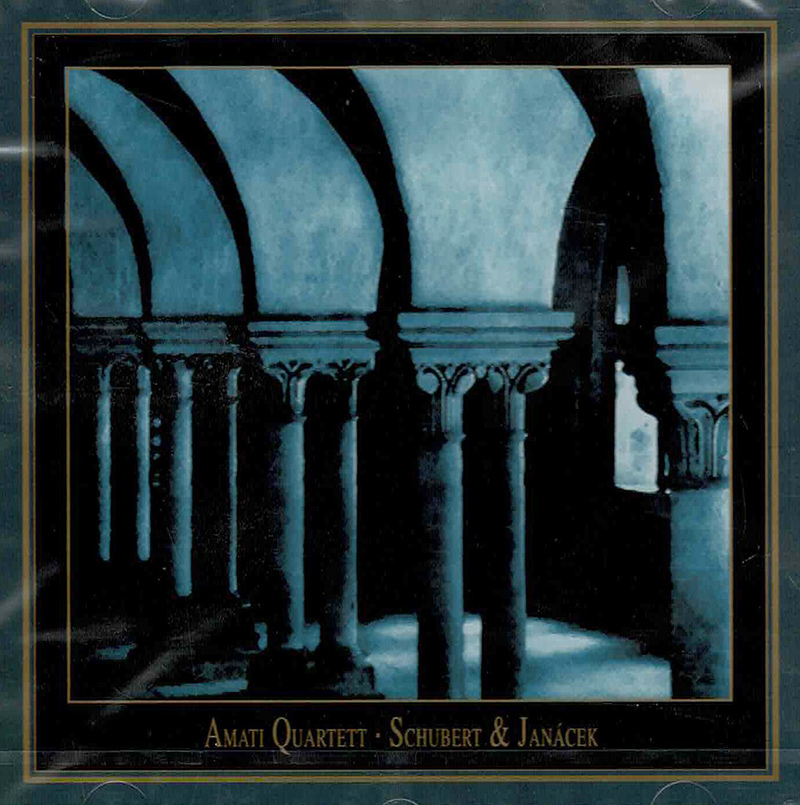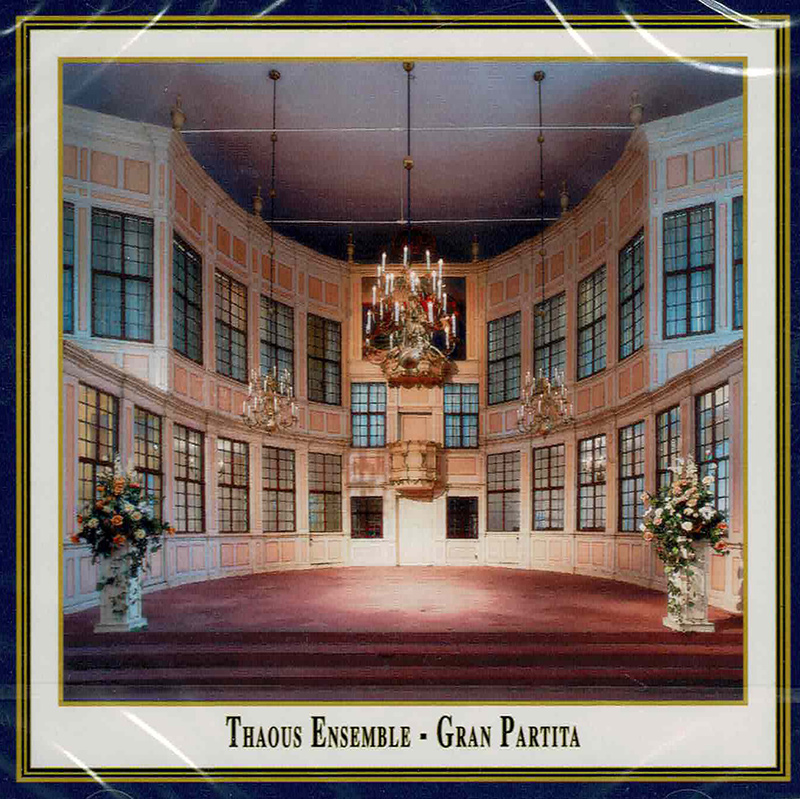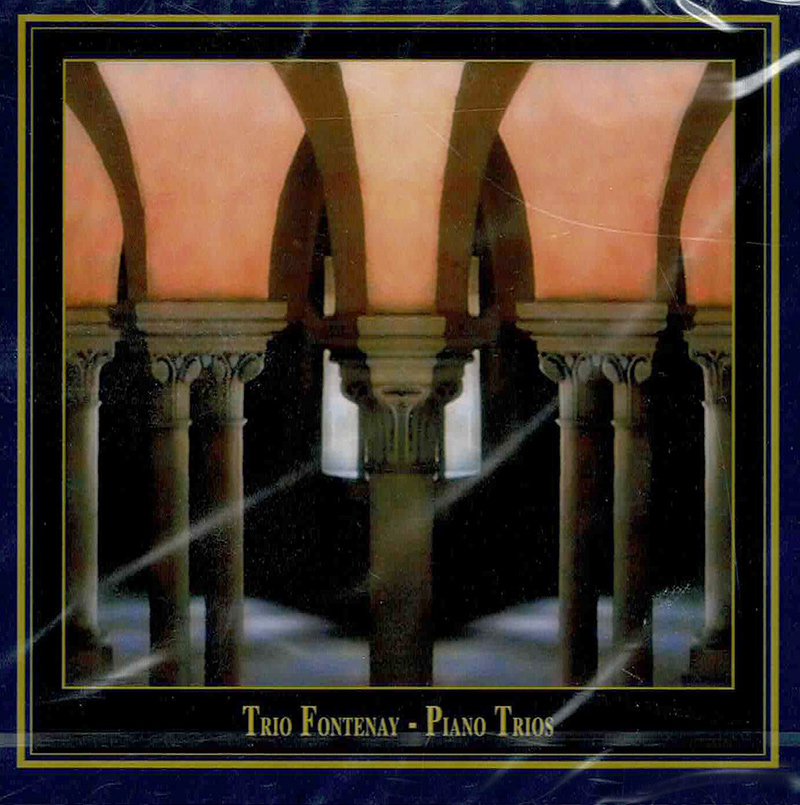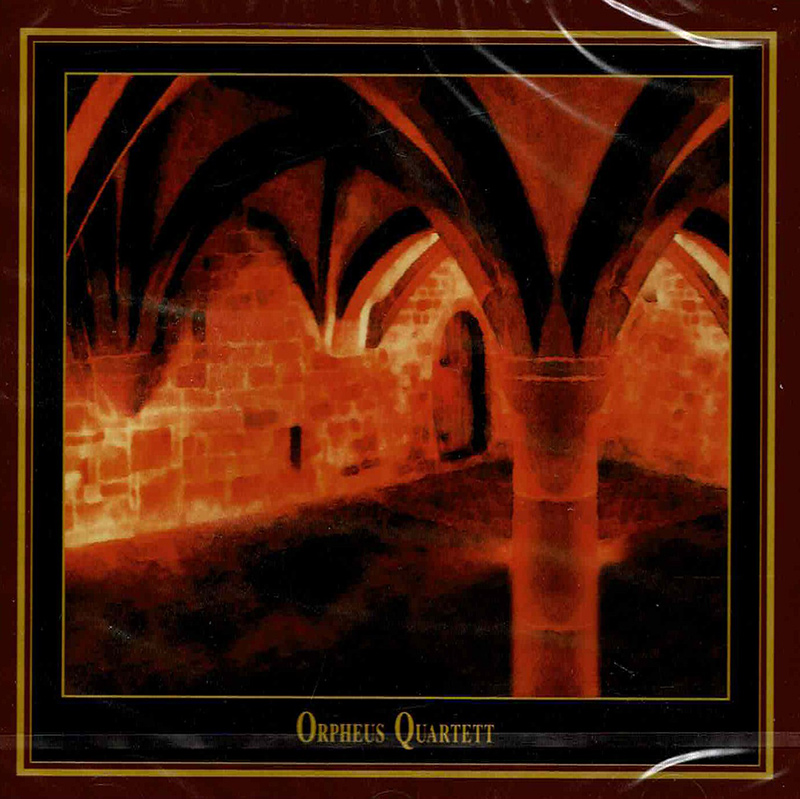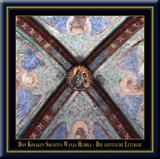Logowanie
OSTATNI taki wybór na świecie
Nancy Wilson, Peggy Lee, Bobby Darin, Julie London, Dinah Washington, Ella Fitzgerald, Lou Rawls
Diamond Voices of the Fifties - vol. 2
Tylko 1000 egzemplarzy!!!
DVORAK, BEETHOVEN, Boris Koutzen, Royal Classic Symphonica
Symfonie nr. 9 / Wellingtons Sieg Op.91
nowa seria: Nature and Music - nagranie w pełni analogowe
Petra Rosa, Eddie C.
Celebrating the art and spirit of music - vol. 3 - Pure
warm sophisticated voice...
Peggy Lee, Doris Day, Julie London, Dinah Shore, Dakota Station
Diamond Voices of the fifthies
Tylko 1000 egzemplarzy!!!
SAMPLER - STS DIGITAL, Buddy Tate, Milt Buckner, Walace Bishop
Jazz Masters - Legendary Jazz Recordings - v. 1
proszę pokazać mi drugą taką płytę na świecie!
Chesky! Niezmiennie perfekcyjny
Winylowy niezbędnik
ClearAudio
Double Matrix Professional - Sonic
najbardziej inteligentna i skuteczna pralka do płyt winylowych wszelkiego typu - całkowicie automatyczna
SCHUBERT, JANACEK, Amati Quartett
String Quartets: The Death And The Maiden / Intimate Letters
- Franz Schubert · String Quartet in D Minor D. 810
- "The death and the maiden"
- 1. Allegro 11:53
- 2. Andante con moto 10:36
- 3. Scherzo. Allegro molto - Trio 3:46
- 4. Presto 8:52
- Leos Janácek · String Quartet No. 2
- "Intimate letters"
- 5. Andante 6:40
- 6. Adagio 6:23
- 7. Moderato 6:09
- 8. Allegro 8:25
- Amati Quartett - quartet
- SCHUBERT
- JANACEK
Daa da-da-da dam... Smile, accuse me of being euphoric, but even after listening to so many concerts, this particular recording is one of the most moving moments that I have ever been privileged to witness at the Maulbronn Monastery. A breathless, tangible thrill from the first touch of the bow to the very last note. What really makes this recording dramatic is the way the composers complement each other perfectly. These compositions by Schubert and Janácek are some of the most beautiful in the entire quartet literature, and the ambience of the Maulbronn Monastery lends a rare prosaic expressiveness to this interpretation. The sheer class of the Amati String Quartet is shown in the way the recording captures not just the artistic perfection of their performance, but the atmosphere of the hall as well - indeed, the artists become totally carried away and create a work of art so moving that it literally - and audibly- takes the audience's breath away. Josef-Stefan Kindler, anno 2006 >>> Większa okładka A <<< Der Tod und das Mädchen ("Death and the Maiden") by Franz Schubert gives us dramatic, passionate elation paired with an alarmingly serene wisdom. It was composed during Schubert's late phase (1826-28), which also includes such works as the song-cycle Winterreise ("A Winter's Journey"). Schubert's dance of death, based on the poem by Matthius Claudius poem, inspires few clear moments of comfort and confidence, and then only in a major key variation and in the Trio. There is nothing programmatic about it, even though the listener is granted considerable insight into Schubert's frame of mind in his later years. Intimate Letters by Leos Janácek, the Moravian composer, is one of the most unconventional pieces of chamber music written in the early 20th century. It is consistently free of centuries-old composition techniques and the classical forms of the string quartet. The work speaks to us in the language of our century and also has a personal slant to it: it is impulsively turbulent and, at the same time, lyrically transfigured. It was inspired by the composer's subjective experience of a love relationship and imparts a deep world of emotions that can never be expressed in words... --------------------- "...one of the most amazing concerts I ever attended." (Sir Yehudi Menuhin) "A Interpretation, unheard since the best times of the Juillard-Quartett." (FAZ) "Since the early 50s (Juillard-Quartett) it was'nt possible to listen to such a recording of the Bartók-string-quartetts. This is the best recording of the Bartók-quartetts at all." (In Tune, Japan/USA) ...according to this statements, it's a clear consequence that the Amati-quartett received up to now two times the "Deutscher Schallplattenpreis" (German Recording Award) and a "Choc" in France. Highly expressiv and blazing The Amati Quartet plays Schubert and Janàcek in the Monastery Maulbronn "This time the concert took place in the layical refectory, where chamber conerts are recorded. The CD has an excellend sound makes the tense atmosphere come alive again. The interpretation of the Amati quartett is highly intensified to a rather expressiv grade in every phase of the works. Even at the very beginning of the Schubert-quartett the sharply drawn uni-sono marks a sign of blazing performance of music, which hardly ever degrees intensity. The quartett sound of the Amatis is clear and linear, always made of insisting vibration. The radius of expression in the interpretation of both works and is overwhelming, transforming the componists' inner world into a direct musical event." (Dr. Karl Georg Berg / Die Rheinpfalz)





























